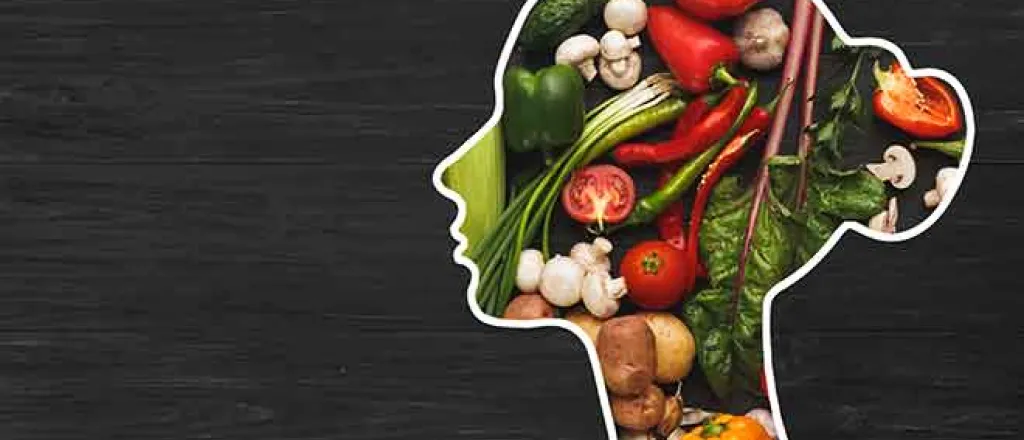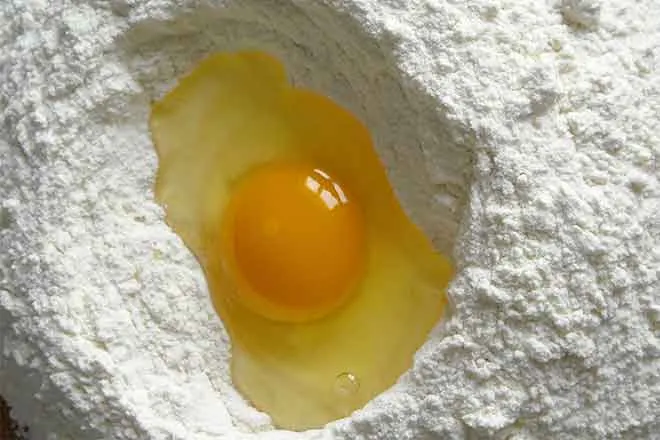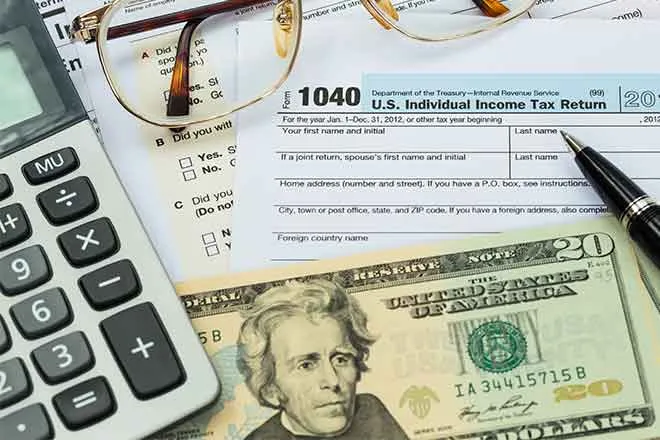
Dear Dietitian – Are American diets getting healthier?
Dear Readers,
I thought it would be good to end 2021 on a positive note, and according to an analysis of the National Health and Nutrition Examination Survey (NHANES), American diets are getting healthier! The overall Healthy Eating Index increased from 55.7 to 57.7 (1). This may not seem like much, but scientists found it statistically significant. A synopsis of the findings is below:
- Americans decreased energy intake of low-quality carbohydrates by 3.25 percent (2). Examples of such carbs are sugar-sweetened drinks and high-fructose corn syrup.
- We increased our consumption of high-quality carbs by 1.23 percent (3). These foods are also known as complex carbohydrates, such as whole grains, fruits, and vegetables. Whole grains contain the bran, endosperm, and germ of the kernel. Examples are oats, quinoa, rye, whole wheat, rice (brown, wild, colored).
- Consumption of plant proteins rose by 0.38 percent (4). This was mostly in the form of nuts and whole grain products.
- Intake of polyunsaturated fat (healthy fats) rose by 0.65 percent. Unfortunately, dining on saturated fats also increased by 0.36 percent (5). Polyunsaturated fats are found in walnuts, sunflower seeds, corn oil, salmon, and trout, to name a few. Saturated fats are found in animal meats, dairy, and coconut oil.
While Americans are making improvements in their diets, more work needs to be done. Obesity rates continue to rise, especially in minorities and low-income populations. Childhood obesity, although still on the rise, is climbing at a slower rate. As you have heard, increased weight leads to greater risks of chronic illnesses, such as type 2 diabetes, high blood pressure, and heart disease. Nutrition was once considered the individual’s responsibility, and that largely remains the case. With the realization that nutrition-related illnesses are a public health issue, the government is intervening.
While no US state has an excise tax on sugar-sweetened beverages (SSB), some local municipalities do. These include Boulder, CO; Seattle, WA; San Francisco, CA, and Philadelphia, PA. Evidence shows a tax on sugary dinks that raises prices by 20 percent can lead to a decrease in consumption by about 20 percent (6). In order for a “sin tax” to be effective, it must raise the price enough to be a deterrent. In France, the consumption of SSBs increased more than the tax, and in Mexico, the introduction of a SSB tax only decreased consumption by 6 percent (7).
Another important change was made in the Women, Infants, and Children (WIC) program to allow more access to fresh fruits and vegetables, whole grains, and low-fat dairy products. These changes, along with the nutrition education provided in the program, give children the opportunity to begin a lifelong path of healthy nutrition.
Healthy nutrition is both an individual and group effort. Education is key, but sometimes is not enough to produce a change. Together we can make a difference, and that difference may be in your own health or that of someone you love.
Until next time, be healthy!
Dear Dietitian
References
1-5. Shan, Z, Rehm, C, Rogers, G, et al. Trends in dietary carbohydrate, protein, and fat
Diet quality among US Adults, 1999-2016. JAMA. 2019;322(12):1178-1187.
- Powell, LM, Chriqui, JF, Wada R, Chaloupka, FJ. Assessing the potential effectiveness of food and beverage taxes and subsidies for improving public health: a systematic review of prices, demand and body weight outcomes. Obesity Reviews, 2013;14:110-128.
- Shahid, S, Bishop, K. Comprehensive approaches to improving nutrition: future prospects. Nutrients. 2019 Aug; 11 (8): 1760.

















